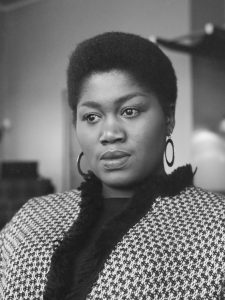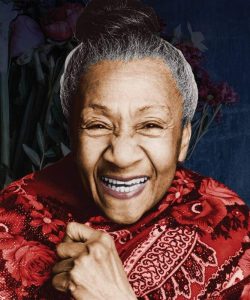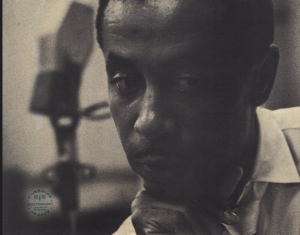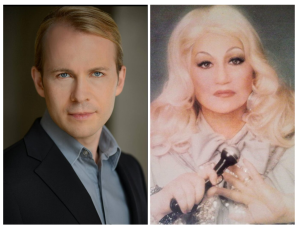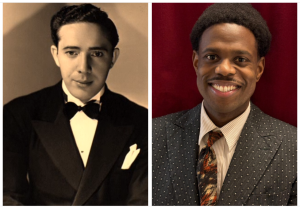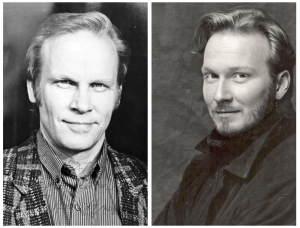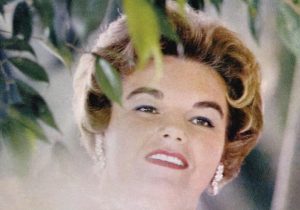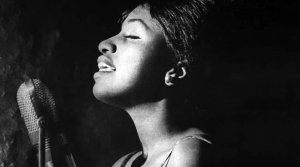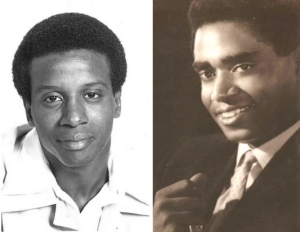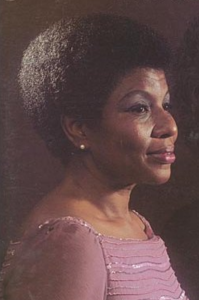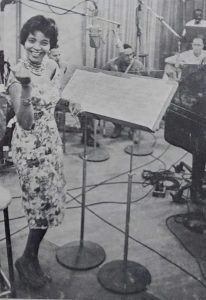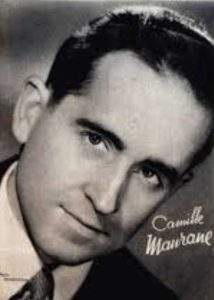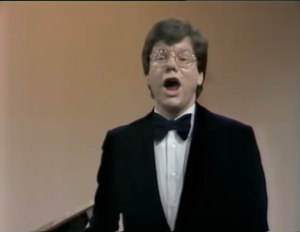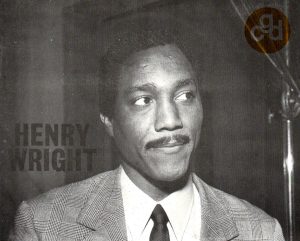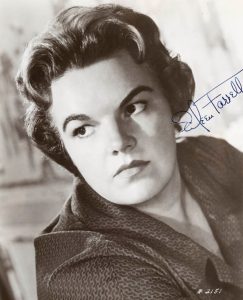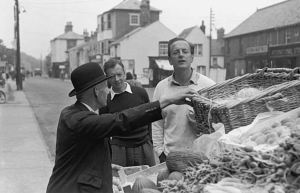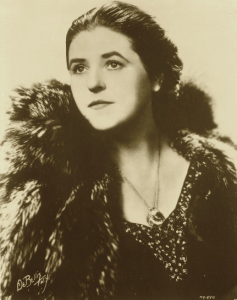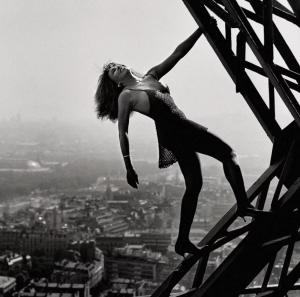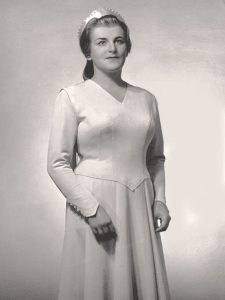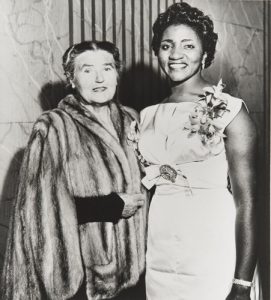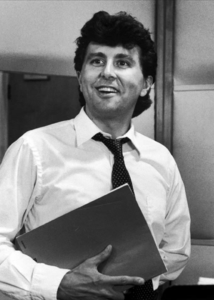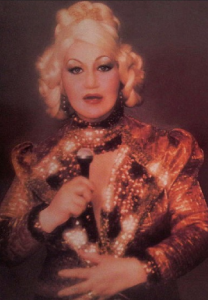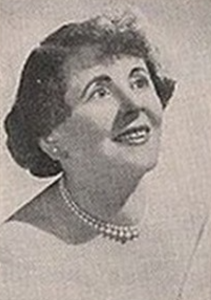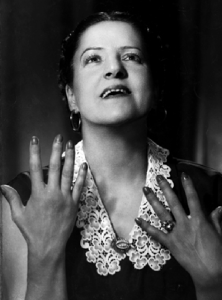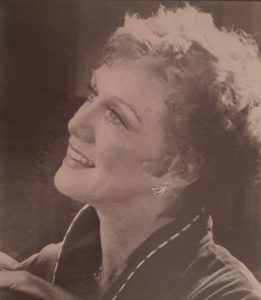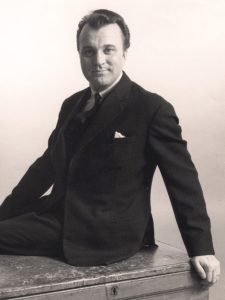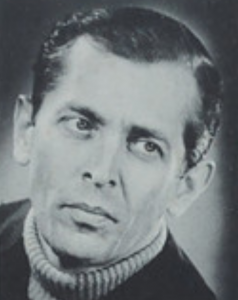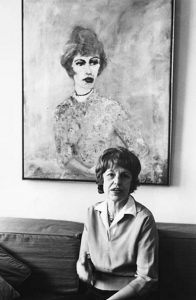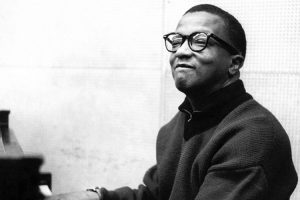Podcast: Play in new window | Download (Duration: 1:32:55 — 110.1MB) | Embed
Subscribe: Spotify | TuneIn | RSS | More
The United States seems (if this could be possible) even more divided and challenged than it did a week ago. In spite and even because of that, I am continuing my salute to the truly great Americans in our shared past to provide us with inspiration and courage in the challenging days to come. Today I repost an episode that I initially presented on June 18, 2021, the first observance of Juneteenth as a national holiday. It honors the great folk singer and civil rights icon Odetta (1930-2008). The breadth of her influence and the scope of her accomplishment should be trumpeted from the rooftops. From her first appearance on primetime national television opposite Harry Belafonte, to her prominence as the artist at the forefront of the folk music revival, to the importance of her music as a centerpiece to the Civil Rights Movement, to her additional contributions to blues and gospel music (and even, less expectedly, jazz and soul), Odetta Felious Holmes remains one of the most important musicians of the twentieth century. Not only was Odetta an important cultural icon, she possessed one of the most striking contralto voices in the history of recorded sound, and thus is an appropriate entry in my Great Contraltos series. This episode celebrates the entirety of her cultural contribution from her first recording in 1954, to one of her final live performances, in a wide-ranging portrait celebrating the significance of an artist who, for once, merits the designation “cultural icon.”
Countermelody is a podcast devoted to the glory and the power of the human voice raised in song. Singer and vocal aficionado Daniel Gundlach explores great singers of the past and present focusing in particular on those who are less well-remembered today than they should be. Daniel’s lifetime in music as a professional countertenor, pianist, vocal coach, voice teacher, and journalist yields an exciting array of anecdotes, impressions, and “inside stories.” At Countermelody’s core is the celebration of great singers of all stripes, their instruments, and the connection they make to the words they sing. By clicking on the following link (https://linktr.ee/CountermelodyPodcast) you can find the dedicated Countermelody website which contains additional content including artist photos and episode setlists. The link will also take you to Countermelody’s Patreon page, where you can pledge your monthly support at whatever level you can afford. Bonus episodes available exclusively to Patreon supporters are currently available and further bonus content including interviews and livestreams is planned for the upcoming season.
